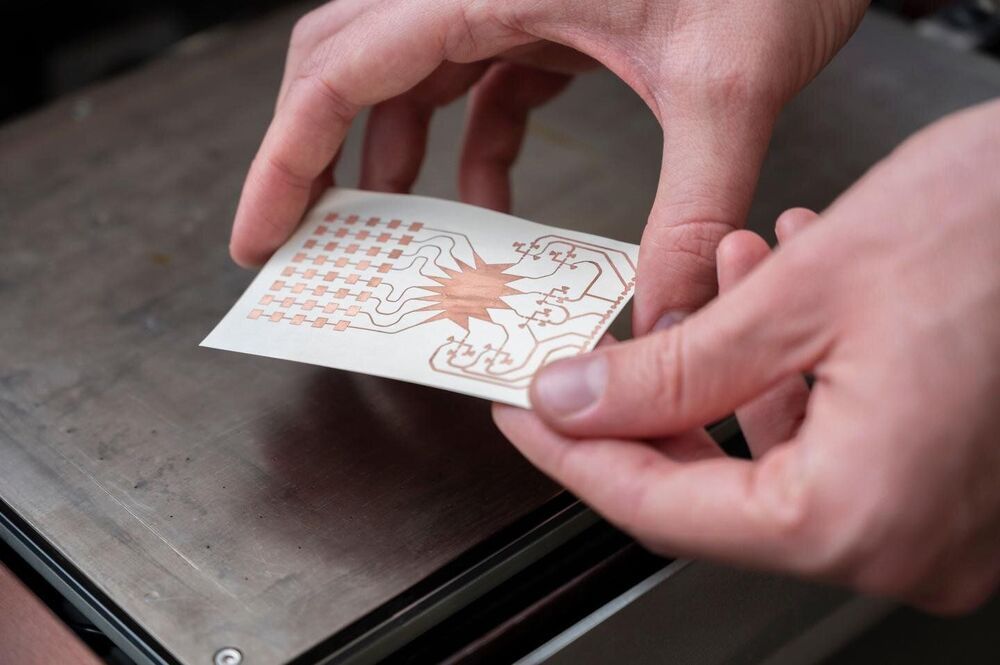Researchers at the Georgia Institute of Technology have uncovered an innovative way to tap into the over-capacity of 5G networks, turning them into “a wireless power grid” for powering Internet of Things (IoT) devices that today need batteries to operate.
The Georgia Tech inventors have developed a flexible Rotman lens-based rectifying antenna (rectenna) system capable, for the first time, of millimeter-wave harvesting in the 28-GHz band. (The Rotman lens is key for beamforming networks and is frequently used in radar surveillance systems to see targets in multiple directions without physically moving the antenna system.)
But to harvest enough power to supply low-power devices at long ranges, large aperture antennas are required. The problem with large antennas is they have a narrowing field of view. This limitation prevents their operation if the antenna is widely dispersed from a 5G base station.
